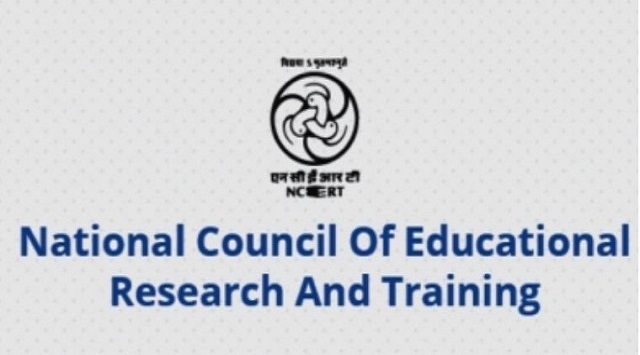Replace ‘India’ with ‘Bharat’ in school textbooks, recommends NCERT Panel
A high-level committee for social sciences of NCERT has suggested replacing the term 'India' with 'Bharat' in school textbooks.
New Delhi: In a significant development in the ongoing revision of India’s school curriculum, a high-level committee for social sciences, appointed by the National Council of Educational Research and Training (NCERT), has suggested replacing the term ‘India’ with ‘Bharat’ in school textbooks. The committee, consisting of seven members, presented its unanimous recommendations in its final position paper on social sciences, a key document guiding the creation of new NCERT textbooks.
The proposal is rooted in historical and constitutional context. Article 1(1) of the Indian Constitution already recognizes the country as “India, that is Bharat, shall be a Union of States.” The term ‘Bharat’ has deep historical roots, dating back thousands of years and finding mention in ancient texts such as the Vishnu Purana.
Committee chairperson CI Issac explained, “The term ‘India’ became common only after the establishment of the East India Company and the battle of Plassey in 1757. As a result, the committee unanimously recommends the use of ‘Bharat’ in textbooks for students across all classes.”
The shift from ‘India’ to ‘Bharat’ is not a new development, as it has been adopted in official contexts in recent years. The government, for instance, extended G20 invites hosted by the President of ‘Bharat’ rather than ‘India.’ Similarly, during the G20 Summit held in New Delhi, the nameplate of Prime Minister Narendra Modi bore the title ‘Bharat’ instead of ‘India.’
Beyond the change in nomenclature, the committee has also proposed a transformation in the way history is taught. Instead of the traditional ‘ancient history,’ the committee advocates introducing ‘classical history’ to the curriculum. This change aims to provide a more comprehensive perspective on India’s historical achievements, acknowledging contributions like Aryabhatta’s work on the solar system model.
Also Read: Good News! Centre Announces 4% DA Hike For Railways Employees
“The British categorically divided Indian history into three phases – ancient, medieval, and modern – depicting India as a civilization devoid of scientific knowledge and progress. However, this is a misrepresentation. We believe that the classical period of Indian history should be taught alongside the medieval and modern periods,” said Issac.
Furthermore, the committee has recommended emphasizing “Hindu victories” in the textbooks, stating that the current curriculum primarily highlights failures while neglecting significant historical achievements.
In addition to these changes, the committee has called for the introduction of the Indian Knowledge System (IKS) across all subjects, aligning the school curriculum with the National Education Policy (NEP) 2020.




 Ms Kalinga
Ms Kalinga